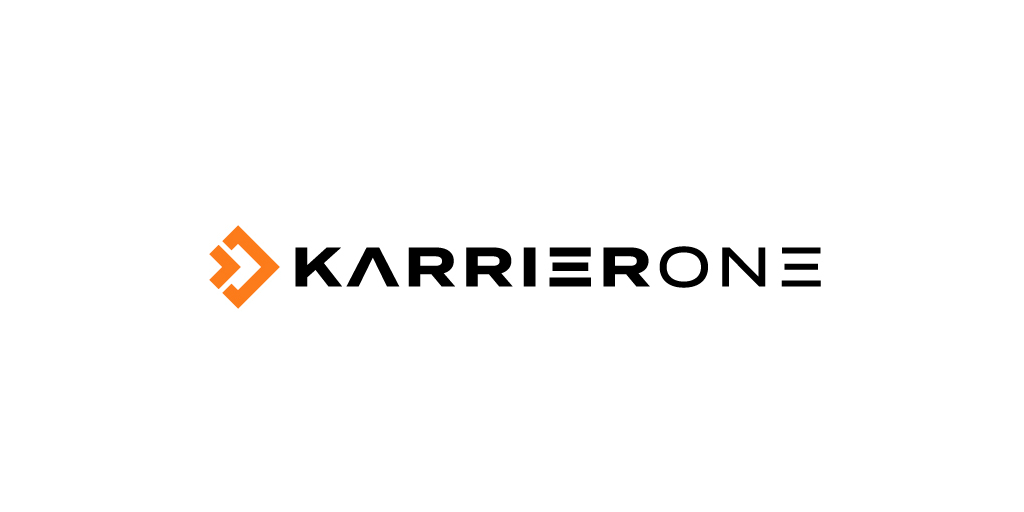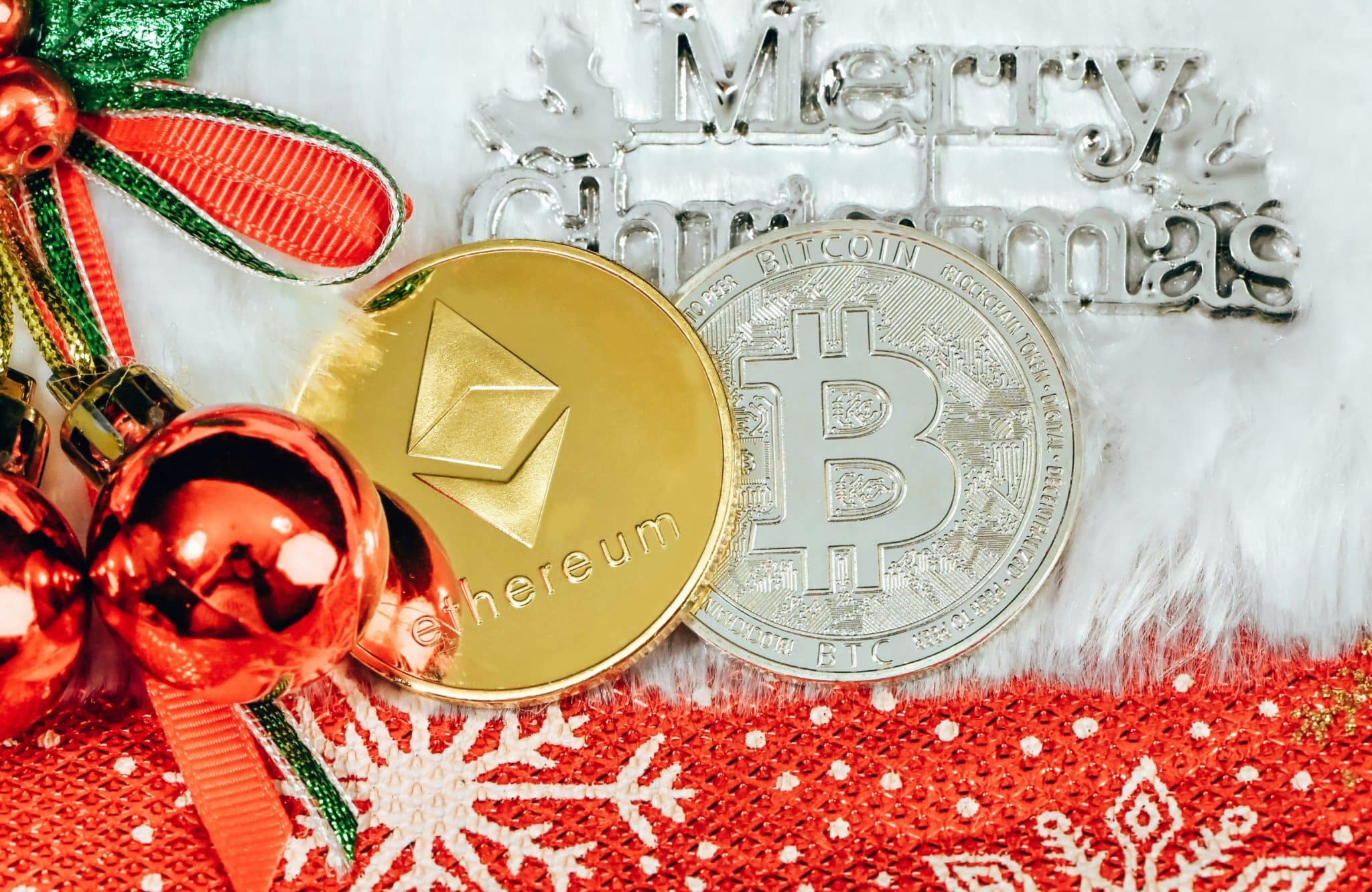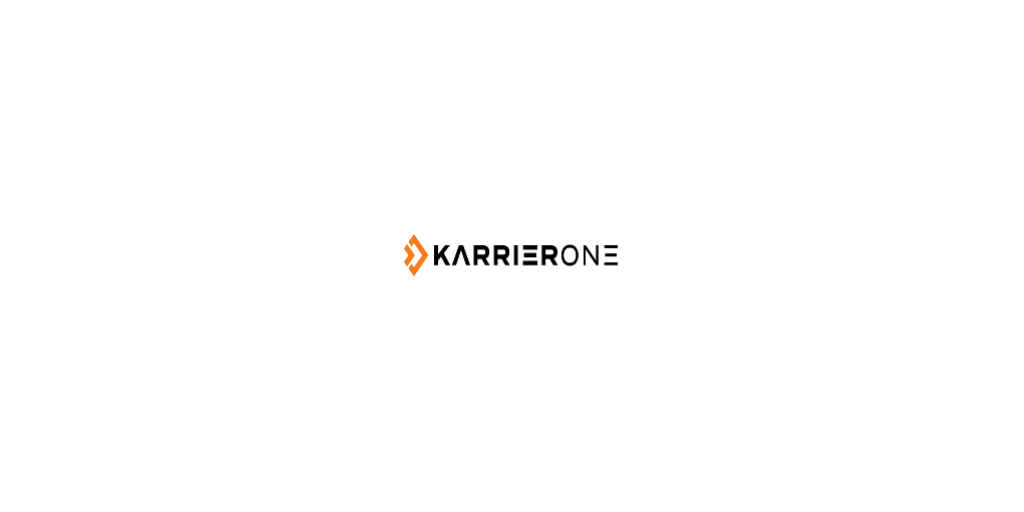
Karrier One
Karrier One is an DeWi project aimed at revolutionizing the telecommunications sector with new-age blockchain technology. It seeks to establish the world’s first carrier-grade 5G network that is community-owned, offering improved accessibility, speed, cost-effectiveness, and security This network is unique in that it provides services not only to other network carriers but also to its own private user base, utilizing both licensed and unlicensed radio spectrum. The overarching goal is to decentralize wireless infrastructure and democratize telecommunications, thereby reshaping how these services are provided and accessed
There are currently 41 active Karrier One devices.
Minable Devices
Device Name | Number of On-Chain Devices | Days to Breakeven | Estimated Daily Earnings | Average Device Cost | Device Public Sale |
|---|---|---|---|---|---|
| Karrier One 01 | - | - | - | $5,000 |
Device Map
Number of Devices
41
Number of Countries/Regions
-
Learn More
Karrier One is an DeWi project aimed at revolutionizing the telecommunications sector with new-age blockchain technology. It seeks to establish the world’s first carrier-grade 5G network that is community-owned, offering improved accessibility, speed, cost-effectiveness, and security This network is unique in that it provides services not only to other network carriers but also to its own private user base, utilizing both licensed and unlicensed radio spectrum. The overarching goal is to decentralize wireless infrastructure and democratize telecommunications, thereby reshaping how these services are provided and accessed
Karrier One News
View more





Social
Impressions
819,870
Engagement
60,917
Mindshare
0.12%